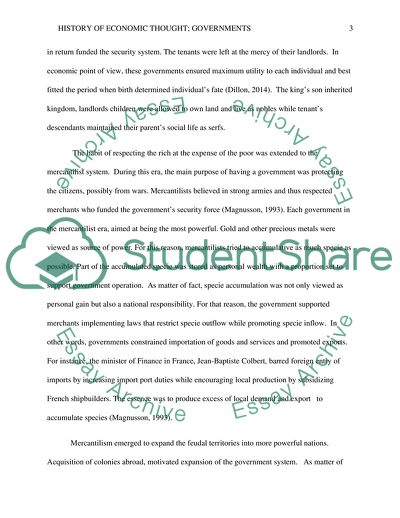Cite this document
(Economic thought and economic history Research Paper, n.d.)
Economic thought and economic history Research Paper. https://studentshare.org/macro-microeconomics/1852791-economic-thought-and-economic-history
Economic thought and economic history Research Paper. https://studentshare.org/macro-microeconomics/1852791-economic-thought-and-economic-history
(Economic Thought and Economic History Research Paper)
Economic Thought and Economic History Research Paper. https://studentshare.org/macro-microeconomics/1852791-economic-thought-and-economic-history.
Economic Thought and Economic History Research Paper. https://studentshare.org/macro-microeconomics/1852791-economic-thought-and-economic-history.
“Economic Thought and Economic History Research Paper”. https://studentshare.org/macro-microeconomics/1852791-economic-thought-and-economic-history.


